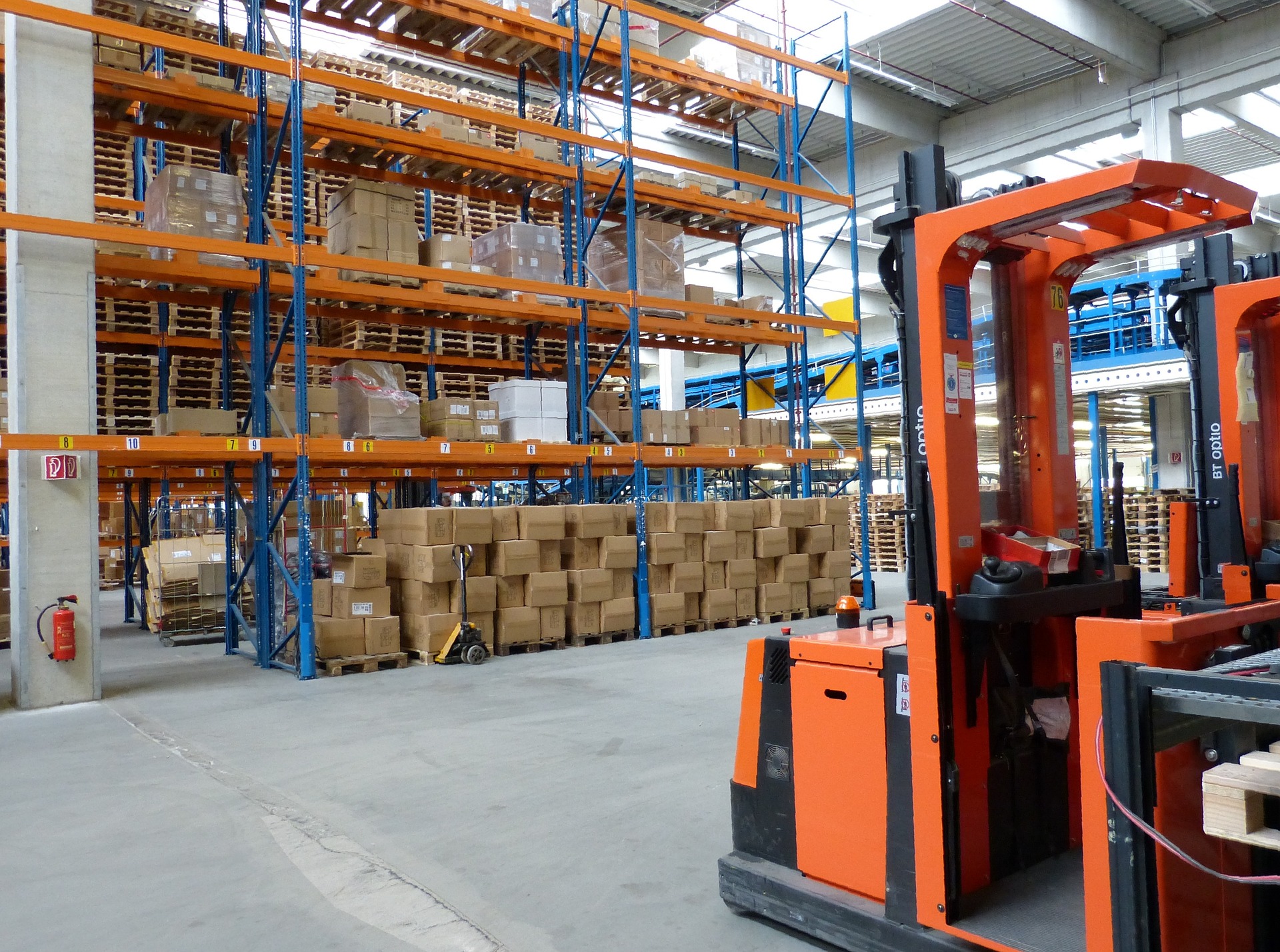Warehouse Logistics and Packaging Roles in the UK
The warehouse and logistics sector plays a crucial role in the UK economy, serving as the backbone of supply chains across various industries. From e-commerce giants to manufacturing companies, warehouses are essential for storing, managing, and distributing goods efficiently. This article delves into the world of warehouse logistics and packaging roles in the UK, exploring the daily duties, employment opportunities, and the impact of automated systems in modern warehouses.
What are the primary duties in warehouse logistics roles?
Warehouse logistics roles encompass a wide range of responsibilities, all aimed at ensuring the smooth operation of storage and distribution facilities. Daily duties typically include:
-
Receiving and processing incoming stock and materials
-
Picking and filling orders from stock
-
Packing and shipping orders
-
Managing inventory levels and keeping records
-
Operating warehouse equipment such as forklifts and pallet jacks
-
Using warehouse management software to track inventory and shipments
These tasks require attention to detail, physical stamina, and the ability to work efficiently in a fast-paced environment. As warehouses become more technologically advanced, familiarity with warehouse management software has become increasingly important for workers in this field.
How do warehouse management systems impact daily operations?
Warehouse management systems (WMS) have revolutionized the way logistics hubs operate. These software solutions streamline processes, improve accuracy, and increase overall efficiency. Some key ways WMS impact daily operations include:
-
Real-time inventory tracking
-
Optimized picking routes for order fulfillment
-
Automated replenishment notifications
-
Enhanced reporting and analytics capabilities
-
Integration with other supply chain systems
Workers in warehouse logistics roles must be comfortable using these systems, as they often guide daily tasks and decision-making processes. Familiarity with WMS can also lead to career advancement opportunities within the logistics sector.
Where are the major logistics hubs located in the UK?
The UK boasts several significant logistics hubs, strategically positioned to serve different regions and industries. Some of the key areas for warehouse and logistics employment include:
-
Midlands (including Birmingham and Leicester)
-
Greater Manchester
-
Yorkshire (particularly around Leeds and Doncaster)
-
London and the Southeast
-
Scotland’s Central Belt (between Glasgow and Edinburgh)
-
East Midlands (Northampton and Milton Keynes)
These hubs offer a range of employment opportunities, from entry-level positions to management roles. The concentration of warehouses and distribution centers in these areas creates a robust job market for those seeking careers in logistics.
What types of roles are available in warehouse logistics?
The warehouse logistics sector offers a diverse range of career paths, catering to various skills and experience levels. Some common roles include:
-
Warehouse Operative: Responsible for picking, packing, and general warehouse duties
-
Forklift Operator: Specializes in operating forklifts to move and stack materials
-
Inventory Controller: Manages stock levels and ensures accurate inventory records
-
Warehouse Supervisor: Oversees daily operations and manages teams of operatives
-
Logistics Coordinator: Coordinates shipments and manages relationships with carriers
-
Warehouse Manager: Responsible for overall facility management and strategic planning
Each role offers unique challenges and opportunities for growth within the industry. Many workers start in entry-level positions and progress to more specialized or managerial roles as they gain experience and skills.
How are automated systems changing modern warehouses?
Automation is transforming the landscape of modern warehouses, introducing new technologies and changing the nature of work in the sector. Some key developments include:
-
Automated Guided Vehicles (AGVs) for materials transport
-
Robotic picking and packing systems
-
Automated storage and retrieval systems (AS/RS)
-
Conveyor systems for efficient product movement
-
Drone technology for inventory management
-
Artificial Intelligence for demand forecasting and route optimization
While automation has led to increased efficiency and productivity, it has also created new roles focused on maintaining and operating these advanced systems. Workers in modern warehouses often need to develop skills in areas such as robotics maintenance, data analysis, and system troubleshooting.
What skills and qualifications are needed for warehouse logistics roles?
The skills and qualifications required for warehouse logistics roles can vary depending on the specific position and level of responsibility. However, some common requirements include:
-
Physical fitness and stamina
-
Attention to detail and accuracy
-
Basic math skills for inventory management
-
Familiarity with warehouse management software
-
Forklift certification (for relevant roles)
-
Strong communication and teamwork abilities
-
Problem-solving skills
-
Health and safety awareness
For more advanced positions, employers may look for additional qualifications such as logistics or supply chain management degrees, professional certifications, or experience with specific technologies used in modern warehouses.
As the warehouse logistics sector continues to evolve, those seeking employment in this field should stay informed about industry trends and be prepared to adapt to new technologies and processes. The UK’s robust logistics industry offers numerous opportunities for career growth and development, making it an attractive option for job seekers looking for stable and diverse employment prospects.





